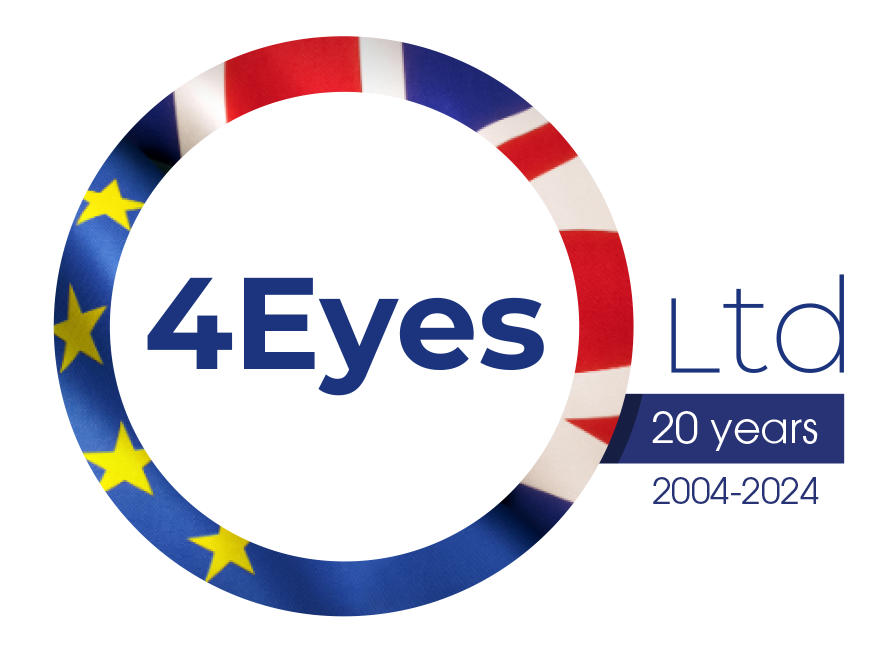Freemasons – Membership fees subject to VAT
The Upper Tribunal has upheld the decision of the First Tier Tribunal that the United Grand Lodge of England did not meet the conditions to exempt its supplies from VAT.
Background
The United Grand Lodge of England (UGLE) is the governing body for the majority of Freemasons in England and Wales. UGLE had claimed a VAT refund on its membership fee income on the basis that fees should have been treated as exempt.
In order to be treated as exempt, UGLE needed to demonstrate that the supply was of a ‘philosophical, philanthropic or civic’ nature as per Article 132(1)(l) of the Principal VAT Directive (as implemented in the UK legislation at VATA 1994 Schedule 9 Group 9). HMRC had disputed this and on appeal, the first tier tribunal (FTT) had found that, while UGLE’s main aims included those of a philosophical and philanthropic (but not civic) nature, it also had non-philanthropic aims. To qualify, aims must be purely philanthropic.
As UGLE’s supplies therefore did not fall wholly within Article 132(1)(l), they could not be exempted and the FTT held that HMRC was correct to refuse the refunds.
Grounds of appeal
The appeal was on two grounds (UKUT 00307):
1/ That the FTT had failed to address or adequately explain why it had rejected UGLE’s argument that it had one main philosophical aim, with all activities being in support of that aim.
2/ Even if the activities were not found to be in support of the main philosophical aim, they should instead fall within the meaning of philanthropy and so within Article 132(1)(l), but the FTT had adopted too narrow a definition of ‘philanthropic’.
(UGLE accepted the FTT’s decision relating to the lack of a ‘civic’ aim and therefore this aspect was not appealed).
Lack of explanation
UGLE believed its main aim could be said to be philosophical in nature and that all of its activities were in service to that aim, making its income eligible to be treated as exempt. In order to reach a different conclusion, UGLE argued that the FTT would have had to identify at least one non-qualifying main aim separate from the philosophical one.
The FTT had accepted that the philosophical aim was indeed a main aim, but had not gone on to address why it did not agree that all of the activities fed into that aim. In essence, UGLE accepted the findings of fact of the FTT but felt its full argument had not been resolved.
The UT started by stating that the FTT must deal with the main argument(s) put to it but is under no obligation to deal with every argument. It then went on to identify the matters the FTT should have considered, being to identify the aims of UGLE, which of these aims were distinct main aims, and then finally determining whether all of these aims were within the exemption.
It found that the FTT was correct to conclude that UGLE had several main aims and that, being main aims, these were distinct and did not merely support each other. There was not therefore one main philosophical aim supported by the other activities.
However, the UT agreed that the FTT had not adequately explained why it had not accepted UGLE’s argument and had therefore erred in law.
Philanthropic aims
Turning to the second ground of appeal, UGLE argued that the FTT had used too narrow a definition of ‘philanthropy’, specifically that the word did not distinguish between the benefitting of society at large and the benefitting of those who had contributed to the fund. The fact that money contributed by Freemasons largely ended up being applied for the benefit of Freemasons and/or their dependents did not, UGLE argued, mean it was not philanthropic.
HMRC noted that this argument had been raised by UGLE before, not only in the FTT decision under appeal but also in previous FTT and UT decisions involving UGLE. The earlier appeals had revolved around similar issues and evidence and had failed; HMRC argued this appeal should therefore also fail.
The UT ultimately agreed with HMRC that UGLE’s supplies lacked “benevolence towards mankind at large” and therefore could not be said to be philanthropic. The second ground of the appeal was dismissed on the basis that the FTT had not applied too narrow a definition in its decision.
Decision
Although dismissing ground two, the UT had found an error of law with regard to ground 1; it decided the correct course of action was therefore to remake the FTT decision. It considered that UGLE had several main aims, one falling within Article 132(1)(l) and at least one which did not. The remade decision was therefore to again dismiss UGLE’s appeal.
